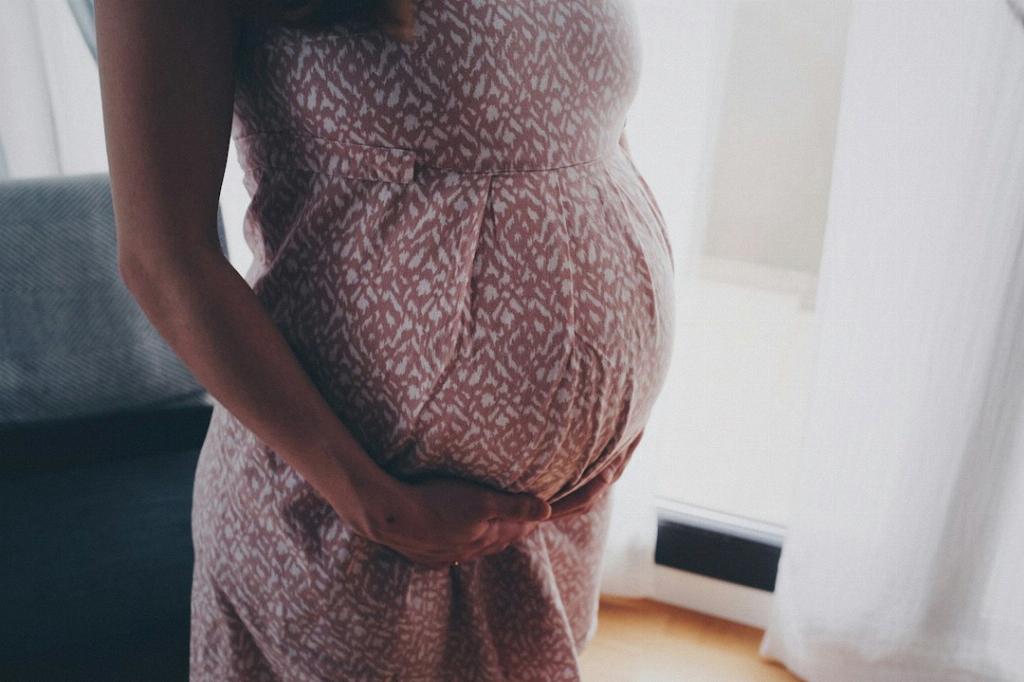Many women who undergo a Cesarean section may notice swelling in their scar during the postoperative period. This swelling can be a normal part of the healing process, but it is essential to understand when it may indicate a more serious issue.
Normal Healing Process
After a C-section, it is common to experience some degree of swelling around the incision site. This swelling is typically due to the body’s natural response to trauma and the influx of healing fluids to the area. In most cases, this swelling will subside as the body heals.
Signs of Infection
While some swelling is normal, excessive or persistent swelling can be a sign of infection. If the swelling is accompanied by redness, warmth, increased pain, or the presence of pus-like drainage, it is crucial to seek medical attention promptly, as these may indicate an infection.
Delayed Wound Healing
In some cases, delayed wound healing can lead to swelling in the C-section scar. Factors such as poor blood supply, obesity, diabetes, or smoking can impede the body’s ability to heal properly, leading to increased swelling and potential complications.
Seroma Formation
Another common cause of swelling in a C-section scar is the formation of a seroma. A seroma is a pocket of clear fluid that can accumulate under the skin near the incision site. While seromas are usually harmless and may resolve on their own, large or painful seromas may require drainage by a healthcare provider.
Reactive Tissue Response
Some individuals may experience heightened tissue reactivity during the healing process, leading to increased swelling in the C-section scar. This reactive response can be influenced by various factors, such as genetics, skin type, or immune system function.
Scar Tissue Build-Up
Scar tissue formation is a natural part of the healing process following surgery, including a C-section. In some cases, excessive scar tissue accumulation can lead to increased swelling and discomfort in the scar area. Massaging the scar gently and following proper wound care instructions can help prevent excessive scar tissue build-up.
Consulting a Healthcare Provider
If you notice significant swelling, redness, or other concerning symptoms in your C-section scar, it is important to consult your healthcare provider promptly. Your provider can assess the wound, determine the underlying cause of the swelling, and recommend appropriate treatment options to promote proper healing.
Preventing Complications
To minimize the risk of complications and promote optimal healing, it is essential to follow your healthcare provider’s postoperative instructions diligently. Keeping the incision site clean, dry, and protected, along with practicing good hygiene, can aid in preventing infections and excessive swelling.
Emotional Impact
Experiencing swelling or complications in your C-section scar can be emotionally challenging for many women. It is important to seek support from loved ones, healthcare professionals, or online communities to address any concerns or anxieties you may have during the healing process.
Patience in Healing
Healing from a C-section, both physically and emotionally, takes time and patience. Be gentle with yourself as you navigate the recovery process and remember that seeking timely medical advice for any concerns about your C-section scar is crucial for your well-being.
Conclusion
In conclusion, swelling in your C-section scar can have various causes, ranging from normal healing responses to potential complications like infections or seromas. By staying attentive to changes in the scar, seeking timely medical evaluation when needed, and following proper wound care guidelines, you can support a smooth healing journey after your C-section.

